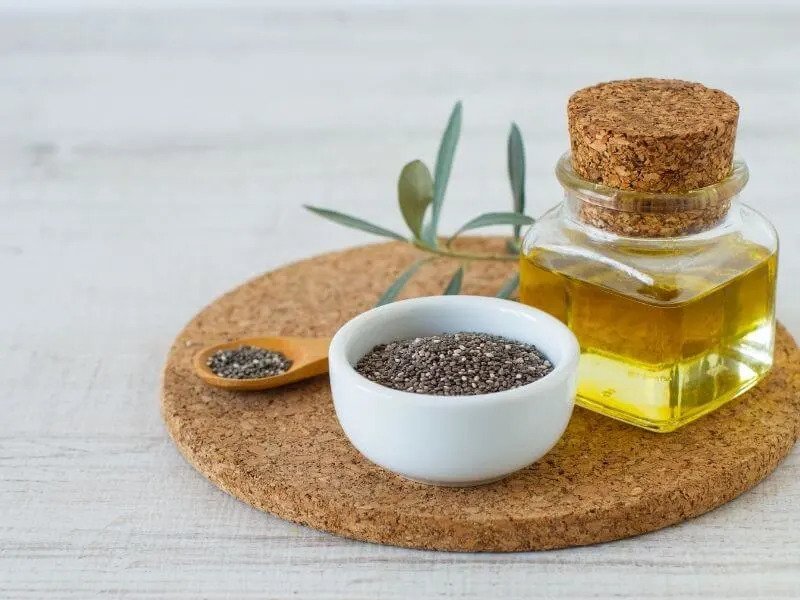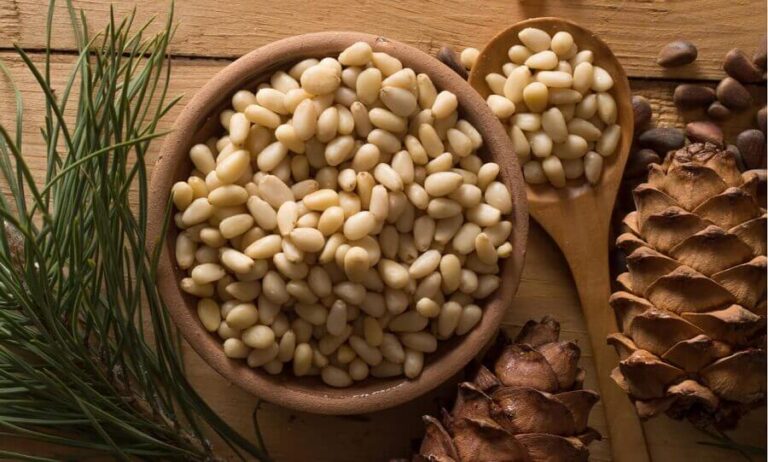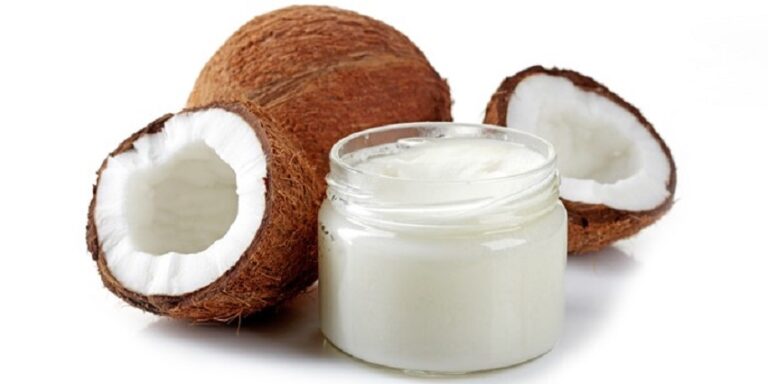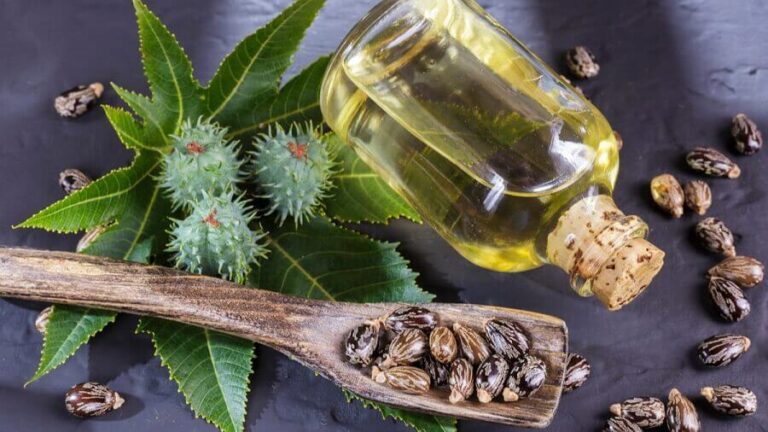Chia oil is considered one of the oils with the best properties and health benefits.
Due to its high nutritional and medicinal properties, it is used both in gastronomy and the cosmetic industry.
Chia oil is high in Omega-3 fatty acids, and according to studies, its uses could have direct health benefits such as improving the cardiovascular system, regulating cholesterol levels, and skin health.
Read on to know the properties, uses, benefits, and contraindications of chia oil.
Chia Oil: What is it?
Chia oil is a vegetable oil obtained from the extraction and processing of chia seeds.
The most common uses are for preparing creams, wound healing tonics, and as an ingredient in health foods.
The direct health benefits are:
- The improvement of the cardiovascular system.
- The regulation of cholesterol levels.
- The progress of the skin’s health.
The Omega-3 content in chia oil is the highest percentage known in plant products. (2)
Chia oil has the additional advantage of having a low content of saturated fatty acids compared to other vegetable oils such as coconut oil. In addition, studies (2) (3) (4) have registered the presence of antioxidants capable of preventing the oxidation of the ω-3 fatty acids contained in their composition.
Chia oil benefits
The properties of chia oil make it a potential product for medicinal use. Some studies suggest that it can be used to treat people with high cholesterol levels and prevent neurodegenerative diseases of the vision. (2,3) The benefits of chia oil are:
- Regulate cholesterol levels
The consumption of chia oil is effective as a treatment to regulate cholesterol levels. Studies confirm positive results in increasing good cholesterol (HDL) by including chia oil in the diet. (1,2,3)
- Preserve healthy vision
One of the benefits of alpha-linoleic acid (ALA) in medicine is to prevent oxidative damage to the DNA of the retina. (6) Chia oil has potential uses as a treatment to prevent neurodegenerative eye diseases.
- Improve hair health
Like castor oil, one of the properties of chia oil is to improve hair health. Applying chia oil in small amounts helps avoid dehydration and enhances hair shine.
- Prevent type 2 diabetes
The fatty acid ALA can improve insulin sensitivity and protect from metabolic changes caused by diabetes. (6) Some studies suggest that it can improve blood glucose levels.
- How to treat acne
Acne is a skin infection usually caused by bacteria such as Staphylococcus aureus. The linoleic acid in chia oil has anti-inflammatory properties capable of fighting the growth of pimples and blemishes on the skin.
// Recommended: How to remove oil from skin and acne?
Nutritional properties and uses of chia oil
Of the nutritional properties of chia oil, its content of Omega-3 fatty acids stands out. The fats in chia seeds are primarily polyunsaturated. The oil contains 6.9% palmitic acid, 2.8% stearic, 6.7% oleic acid, and 63.8% ALA (2)
The benefits of this type of fat in preventing cardiovascular health have been confirmed by science. (1) like other oilseeds, chia seeds are a good source of thiamin, riboflavin, niacin, and vitamin.
Regarding mineral content, chia seeds are an excellent source of calcium, phosphorus, magnesium, potassium, iron, zinc, and copper. In addition, they contain more calcium, phosphorus, and potassium than wheat, rice, barley, oats, and corn.
Chia oil should be taken on an empty stomach before meals. The recommended dose is about 15 mL in its pure form. It can also be added to meals as a salad dressing or condiment. Frying is not recommended since, when heated to more than 180 degrees, it loses much of its nutritional properties.
Contraindications and side effects
Chia oil is considered a safe food, and to date, no research has detected strong interactions with other drugs. However, some studies (3) suggest that it should not be included in the early stages of neurodegenerative diseases such as Alzheimer’s.
The most common side effects are:
- Dizziness
- Abdominal pain
- Diarrhea
- Sickness
Chia seed oil contraindications are:
- Hypersensitivity
- Colitis
- Early stages of Alzheimer’s
- Pregnant and lactating women
- Prostate cancer
How is chia oil made?
Before extracting the oil, a visual selection of seeds is made, and they are optionally subjected to a thermal process, which helps to eliminate possible contaminants and increase their useful life.
Subsequently, the oil is extracted by compression of the seeds or extraction with solvents or supercritical fluids. (2)
The different production methods will give rise to other qualities and amounts of fatty acids, as well as the content of antioxidants. Once the chia oil is obtained, it is preferably packaged in conditioned glass material.
ABSTRACT
Chia oil is a vegetable oil made from the seeds of the Salvia Hispánica plant. The most common uses are as a natural treatment to regulate cholesterol, prevention of mild skin infections, and supply of healthy Omega-3 fats in people who follow a vegan or vegetarian diet. Recent studies suggest that it may be contraindicated in diseases related to memory loss, such as Alzheimer’s.







